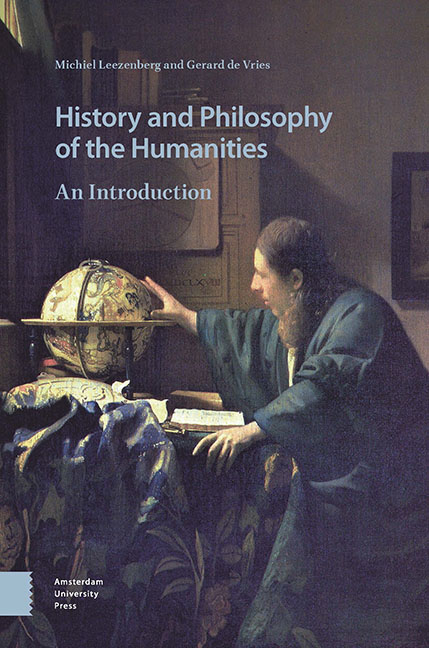3 - Logical Empiricism and Critical Rationalism
Summary
Logical Empiricism: The Vienna Circle
In the first few decades of the twentieth century, the map of Europe went through radical changes. By the end of the First World War, the three great empires of Austria-Hungary of the Habsburgs, tsarist Russia, and the Ottoman dynasty had disappeared. They were replaced by a large number of new states, most of which were based on the nationalist idea of ‘one people, one state’. Because the borders between these new states were often drawn rather arbitrarily, and because almost all of them had a heterogeneous population, the seeds were sown for various new conflicts. The old societal order was in the process of disappearing, as the power of the older nobility and the church had been eroded or damaged beyond repair, and various radical reformist and revolutionary movements arose.
In later chapters, we will return to this new nationalism and its importance for the humanities. But the natural sciences experienced equally radical changes at the turn of the twentieth century. As late as the end of the nineteenth century, people believed that man's knowledge of theoretical physics was virtually complete, just as the fin de siècle Austro-Hungarian Empire seemed stable if not eternal. As a prospective physics student, Max Planck (1858-1947), the future pioneer of quantum mechanics, was advised to choose another discipline, for his teachers told him that nothing new was to be expected in physics anymore. This belief, however, soon turned out to be quite mistaken. The first decades of the twentieth century witnessed the emergence of relativity theory and quantum mechanics, both of which heralded a totally novel and unexpected kind of physical science. Also in other disciplines such as mathematics and logic, major progress was booked during this period. In logic what were arguably the most important new discoveries since Aristotle were made, especially with the development of so-called *predicate logic by Gottlob Frege (1848-1925), Bertrand Russell (1872-1970), and others.
These radical innovations in the exact sciences constituted a major problem for the epistemological justification of scientific knowledge that Kant had provided more than a century earlier.
- Type
- Chapter
- Information
- History and Philosophy of the HumanitiesAn Introduction, pp. 71 - 100Publisher: Amsterdam University PressPrint publication year: 2019



